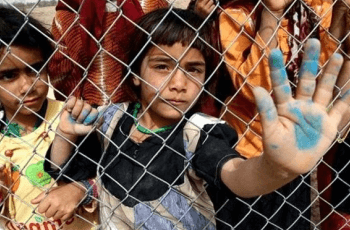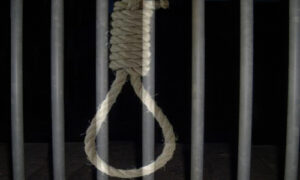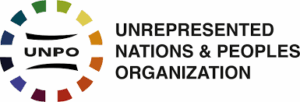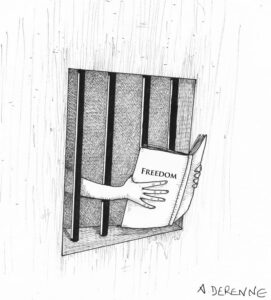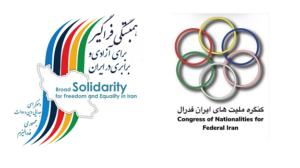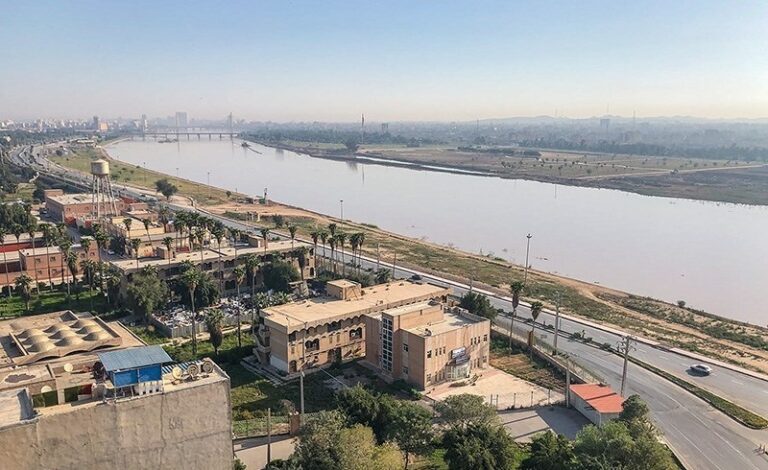Arab Cultural Defenders in Iran: Detained, Silenced, and Facing Imminent Execution
Reports of arbitrary arrests and imminent executions in Iran’s Ahvaz region have once again highlighted the country’s deteriorating human rights situation. The recent detention of three Arab cultural activists—Ali Chabawi, Aghil Farajallah Kaab, and Hossein Kaabi—has raised serious concerns among human rights groups and the local community. These activists were arrested in Shushtar on Friday, October 25, by agents of Iran’s intelligence services. While local and international observers stress that these individuals have been involved in peaceful efforts to promote the Arabic language and culture, the Iranian authorities have labeled their non-violent activities as threats to national security.
The three men, who have worked to protect their cultural heritage and advocate for the rights of their community, now face severe consequences for their activism. Convicted on serious charges, which are often used by the Iranian regime to justify harsh punishments, they are at imminent risk of execution. Since their arrest, their families and lawyers have been left in the dark about their whereabouts and conditions, with repeated inquiries to security and judicial authorities going unanswered.
Ali Chabawi, one of the detained activists, was previously arrested in May and spent nearly two months in detention under severe pressure before being released on bail. This earlier experience has heightened concerns about the treatment he and his colleagues may face during their current detention, further fuelling fears for their safety. The Ahwaz Human Rights Organization (AHRO) has sounded the alarm, highlighting the serious threat to their lives.
The cases of these activists, who sought to preserve their cultural and linguistic identity, reflect a broader campaign by the Iranian regime to silence voices from ethnic and cultural minorities. Peaceful expressions of cultural identity and advocacy are routinely criminalized, especially among marginalized groups. Ahwaz’s Arab community, already subjected to systemic discrimination, is being targeted for its artistic and linguistic heritage. This region has seen a troubling rise in arbitrary arrests, unlawful detentions, and executions, particularly targeting those who peacefully advocate for the preservation of their culture and language.
Human rights organizations have repeatedly called out the Iranian government for using fabricated charges such as “enmity against God” and “acting against national security” to justify extreme measures against these activists. The lack of transparency in arrests, denial of access to legal representation, and the use of torture and inhumane treatment are ongoing concerns that human rights groups have documented for years.
International human rights organizations must take a firm stand against Iran’s worsening human rights violations, with particular emphasis on the Ahwaz region. They must pressure the Iranian regime to halt the executions of Arab activists, ensure the immediate release of detainees such as Ali Chabawi, Aghil Farajallah Kaab, and Hossein Kaabi, and guarantee detainees’ access to legal representation and regular contact with their families. Independent and impartial investigations into the treatment of detainees in Ahwaz are essential to ensure that their rights are upheld. The global community cannot remain silent in the face of these abuses. Many people’s freedom and dignity depend on decisive action.
Retaj







